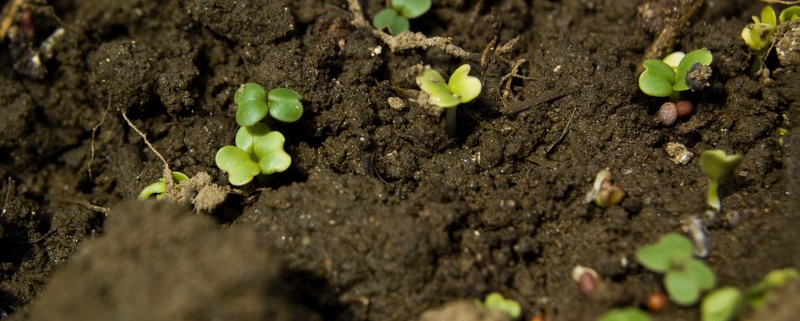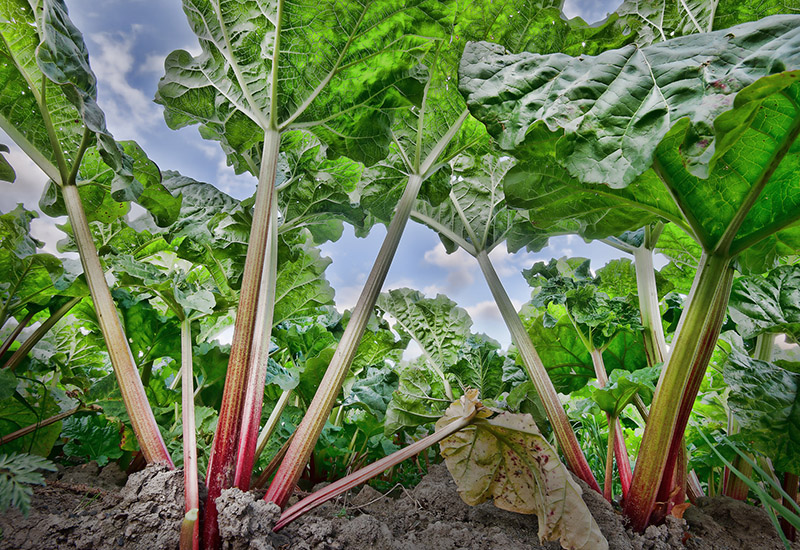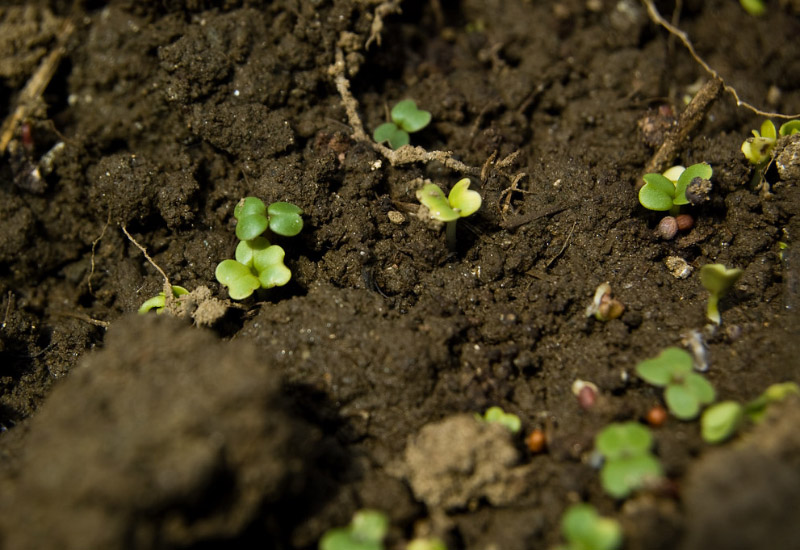Gardening: Improving Your Garden’s Soil
Cary, NC – Having high quality soil is very important for growing plants in your garden, whether it’s flowers, bushes or vegetables. And with topsoil around the world shrinking, here are some tips on how to make sure your garden’s soil is healthy.
More Food for Your Plants
The best soil for your garden is going to have lots of organic matter in it, and one of the easiest ways to accomplish this is through composting what you eat. Layer your compost with alternating nitrogen-rich and carbon-rich food waste, keeping them in equal proportions. You can also speed up composting by adding in earthworms to the pile, which will break down the food waste into something your garden can more easily absorb. Similarly, you can compost your yard waste, with dead dry leaves making up your carbon-rich component while grass and other green waste will be nitrogen-rich.
You only need to apply about a quarter inch of compost every season to your garden’s soil to release nutrients and keep up water retention. If your garden is already planted, add the compost in a layer a few inches from the base of the plant.
Introducing New Plants
One way to boost the soil in your garden is to make sure you include plants that help the overall habitat. For example, including some deep-rooted plants in your garden can help bring minerals many feet underground up to the rest of your plants. Adding these “fertility patches” around your garden can help the overall health. In fact, there are even some weeds with long roots that can end up being helpful. If you spot a weed like this, and it’s on the outskirts of your garden, clip its head so it can’t spread its seeds and let its roots help out the soil.
Another great way to help out your soil is to include cover crops. These plants are specifically used to help with soil erosion, soil quality and to get rid of pests. The best part is, you can even eat some cover crops such as beans and peas.
Sorghum-sudangrass and buckwheat are two good examples of cover crops that thrive in North Carolina during the Summer. If you want to grow something you can eat easily, there are also soybeans, cowpeas and sesbania as examples.
Story by staff reports. Photos by Brian Boucheron and Hal Goodtree.
The Gardening Column is sponsored by Garden Supply Company on Old Apex Road in Cary.





